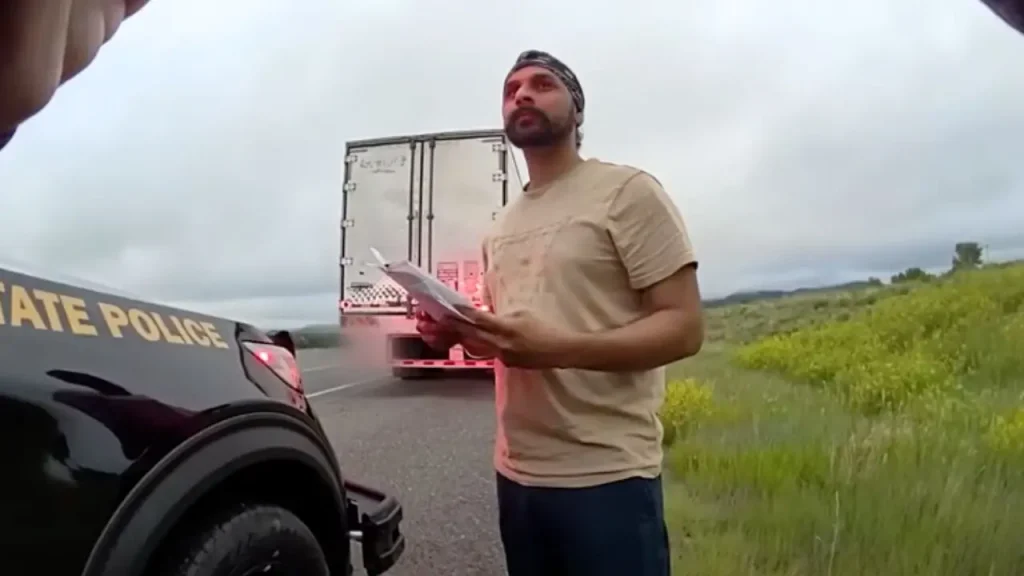Tragedy on Florida Roads: The Story Behind a Fatal Truck Crash
In a heartbreaking incident that has sparked national debate about commercial driving standards, a deadly crash in Fort Pierce, Florida has exposed serious flaws in the system that certifies truck drivers. The August collision, which claimed three innocent lives, has revealed a troubling narrative about how an unqualified driver received licensing despite multiple warning signs.
The driver at the center of this tragedy, Harjinder Singh, entered the United States illegally in 2018 before eventually obtaining a Commercial Driver’s License (CDL) in Washington state. What’s particularly alarming, according to Florida Attorney General’s Office investigators, is that Singh failed his CDL knowledge exam an astounding ten times between March and May 2023. Additionally, he failed the air brakes knowledge exam twice before somehow managing to obtain his license. The Washington-based company that provided Singh’s training apparently certified his English proficiency despite clear evidence to the contrary, setting the stage for what would become a deadly combination of inadequate skills and poor communication abilities behind the wheel of an 18-wheeler.
The language barrier issue became glaringly obvious in July, just one month before the fatal crash, when Singh was pulled over for speeding in New Mexico. Police bodycam footage shows the officer struggling to communicate with Singh, who had difficulty understanding basic instructions after being issued a ticket for driving 15 mph over the speed limit. This interaction served as a crucial warning sign that went unheeded, highlighting how language proficiency isn’t just a technicality but a critical safety requirement for commercial drivers who must understand road signs, communicate with law enforcement, and respond appropriately in emergency situations.
The fatal crash itself occurred when Singh allegedly attempted an illegal U-turn with his semi-truck, causing it to jackknife across the roadway. A van collided with the side of the truck, resulting in three fatalities. Investigators determined that Singh had failed both English proficiency and road sign tests, yet somehow possessed valid commercial driving credentials from both Washington and California. This case exemplifies how weaknesses in the licensing system can have devastating real-world consequences, turning commercial vehicles into potential dangers when operated by drivers who lack the necessary qualifications to safely navigate America’s highways.
In response to this tragedy and similar incidents, the Florida Attorney General’s Office has taken the extraordinary step of filing a lawsuit with the Supreme Court against both California and Washington. The suit accuses these states of failing to properly enforce federal requirements regarding both safety standards and immigration status verification when issuing commercial driving licenses. This legal action represents an attempt to prevent similar tragedies in the future by holding states accountable for their licensing practices and ensuring that all commercial drivers meet minimum federal standards regardless of where they obtain their credentials.
The federal government has also taken action on this issue. Transportation Secretary Sean Duffy recently announced that states failing to enforce English language requirements for commercial drivers would face financial consequences. The Trump administration has already withheld over $40 million in highway safety funds from California, the only state reportedly refusing to ensure commercial drivers can read road signs and communicate effectively with law enforcement. “This is a fundamental safety issue that impacts you and your family on America’s roads,” Duffy stated, emphasizing that these requirements aren’t about immigration politics but rather basic public safety. The case continues to highlight the complex intersection of immigration policy, state versus federal authority, and transportation safety regulations – with the lives of everyday Americans hanging in the balance.










